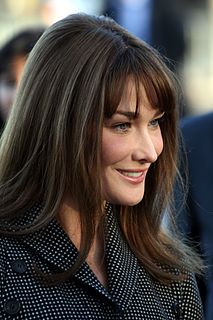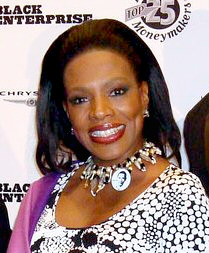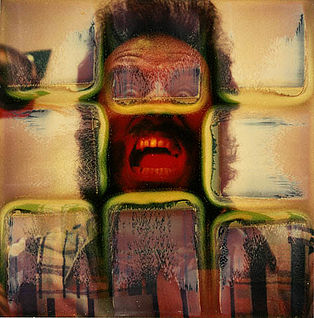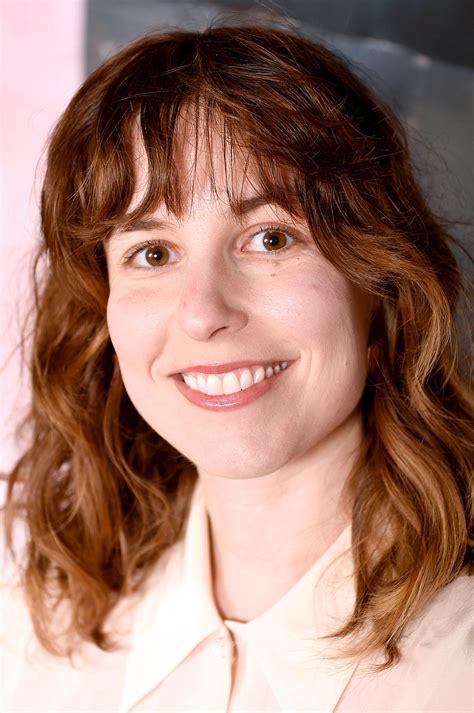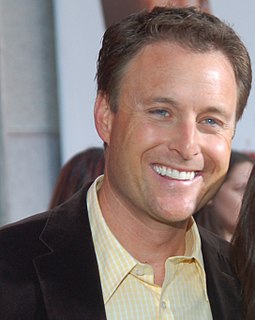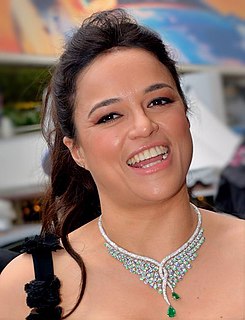A Quote by Annie Lennox
My first understanding of HIV and AIDS was like everybody else from my generation. In the mid-'80s, we heard about this, and it was terrifying, because we knew nothing about how to respond to it appropriately, and we didn't really understand about how the virus is passed. There was a lot of misconception about that.
Related Quotes
Many young people are not having safe sex because they think medicines will make everything okay. The thing about these medicines is that you often have to take them your whole life. They can be very aggressive chemicals for your body. Just because you don't hear of as many people around you dying from HIV/AIDS - just like how it was in the '80s and '90s - you can still die. I'd say to someone who's very young to protect themselves and protect their lives. There's nothing safer than not catching this virus. It's having something that never goes out of your system.
There are lots of cases where we know more about how the world works than we do about how we know how it works. That's no paradox. Understanding the structure of galaxies is one thing, understanding how we understand the structure of galaxies is quite another. There isn't the slightest reason why the first should wait on the second and, in point of historical fact, it didn't. This bears a lot of emphasis; it turns up in philosophy practically everywhere you look.
I'm looking back at what I did and how it works. In a sense I'm waiting to see how people will respond. I'm waiting to see how you respond, without asking me to tell you what I think about it, because it is your job to give me an idea of how you go about thinking about this work. And if it's too absurd then, you know, I'll kick you out!
HIV/AIDS from converted from a lethal disease into a chronic disease because basic scientists' fundamental research was done that illuminated aspects of that virus and allowed the generation of therapies like antiretroviral therapies. And so now HIV/AIDS is not a lethal disease, it is a chronic disease.
With regard to the alternatives, we already have them. The cellular and genetic lines of research in humans are the most promising. AIDS is caused by a virus, so it makes sense to study the virus, not chimpanzees. We have learned virtually nothing about AIDS from the chimpanzee. Every major advance in AIDS research ... has come from human studies.
At first when I heard about climate change, I was a climate denier. I didn't think it was happening. Because if there really was an existential crisis like that, that would threaten our civilisation, we wouldn't be focusing on anything else. That would be our first priority. So I didn't understand how that added up.
It may be hard to remember how difficult it was for people to talk about HIV/AIDS back in the 1980's and because of both Ronald Reagan and Nancy Reagan - in particular Mrs Reagan - we started a national conversation, when before nobody would talk about it, nobody wanted to do anything about it. Something that I really appreciate was her very effective but low-key advocacy, but it penetrated the public conscience, and people began to say "hey we have to do something about this too.
A lot of people started asking me about this woman director thing, which I never thought about before. And I'd never really thought about how there aren't really many female directors. I knew it, but I'd never really sat down and thought about the implications of that, and what it meant for a woman to make a movie, and how it's viewed differently when a woman makes a movie about women.



